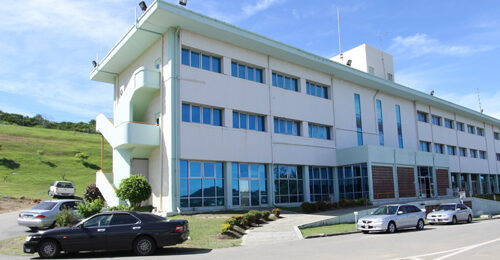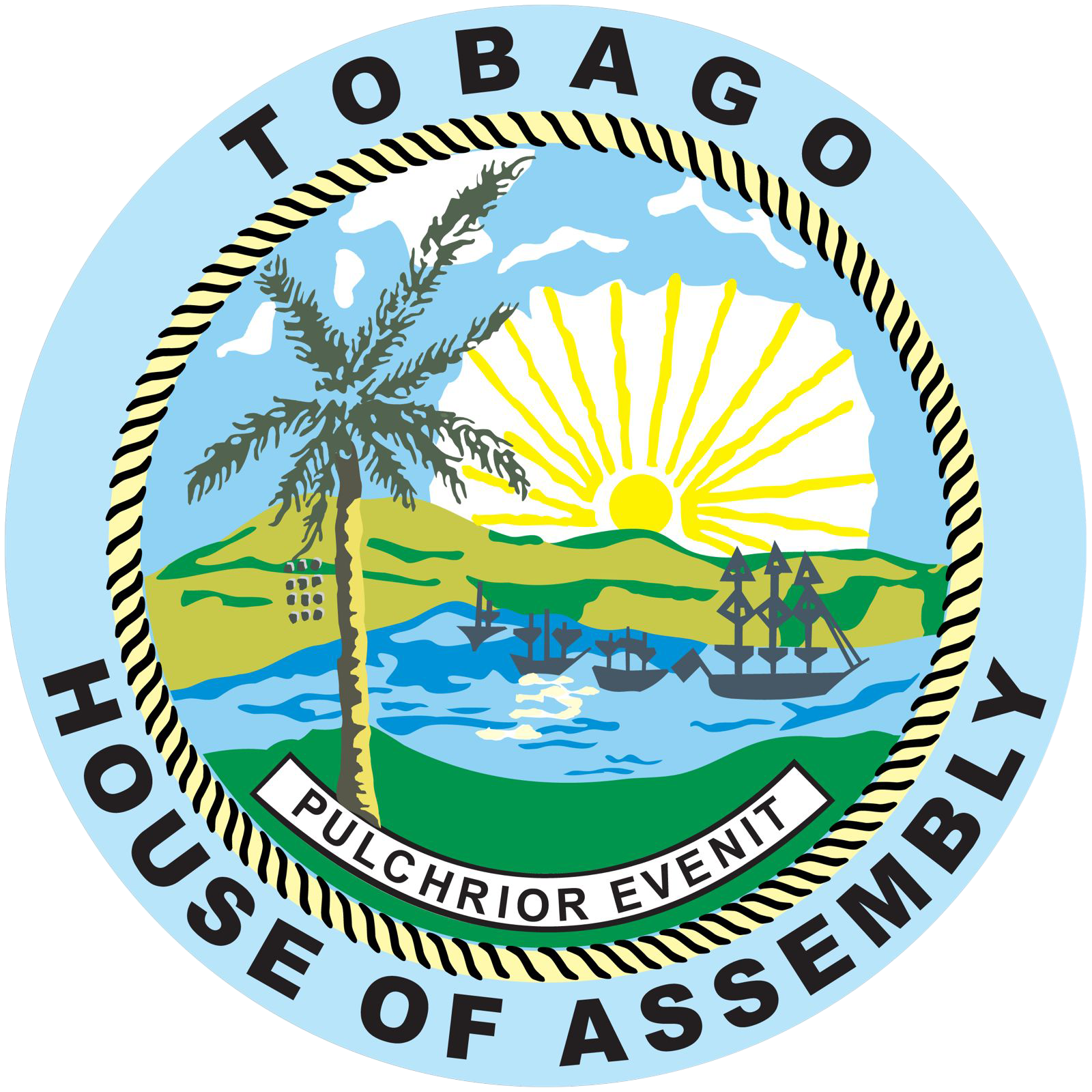About the Strategic Development Planning Pathway
- Challenges for social, economic and other forms of planning
- Legislation for Trinidad and Tobago contains provisions for implementing policies related to areas such as education, healthcare, and the environment.
- Legislative authority (with a few exceptions) is assigned solely to a minister in the Cabinet of Trinidad and Tobago.
- Currently, there are no Tobago-specific laws to guide the implementation of policies for areas outlined under the Fifth Schedule of the THA Act, meaning that a Secretary of the THA lacks independent legislative authority to implement policies related to education, healthcare, finance, and other areas.
- Inevitably, a dual-level governance arrangement for planning and development leads to policy challenges, including gaps, mismatches, and misfits, between policies developed by the Tobago House of Assembly for Tobago and policies developed by ministries for Trinidad and Tobago in areas such as education, healthcare, housing, and the environment.
Table 2. Types of Policy Challenges
| Policy gaps | Policy gaps exist when there are no policies in place to address an existing or emerging public problem. For example, the THA is not responsible for public safety and security in Tobago. This lack of authority creates a significant policy gap in addressing public safety concerns on the island. |
| Policy mismatches | A policy mismatch occurs when a policy for an issue at the same or different level of government does not align with a policy for the same or related issue at the same or different level of government. For example, the water pollution rules set by the Environment Management Agency (EMA) do not align with the grey water emission standards of the Water and Sewage Authority of Trinidad and Tobago. |
| Policy misfits | Policy misfits occur when a policy solution does not fit with the realities of the local community. For example, designating an area, such as the Buccoo Reef Marine Park, as a protected area when a local community depend on the resources within the park for their livelihood. |
- Addressing institutional challenges
- Many Tobagonians have generally viewed the current institutional arrangements for governance between Tobago and Trinidad, as well as the development mandate of the government of Trinidad and Tobago, as cumbersome.
- These arrangements stymie the growth of Tobago’s society and economy largely because they do not reflect the ideals, desires, and ambitions of past, current, and future generations of Tobagonians.
- Tobagonians also believe that any “development plan” for Tobago must reflect their desire for social and economic self-determination. Allied to this desire is the ambition to develop Tobago’s society in accordance with its rich history and cultural heritage.
- Tobagonians have also clearly expressed their desire and ambition to build an economy that remains within the ownership of current and future generations, utilizing the value of the island’s vast human, cultural and natural resources.








